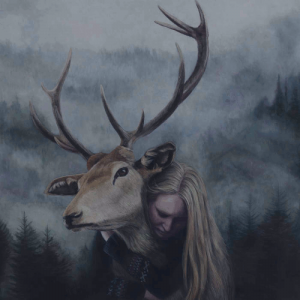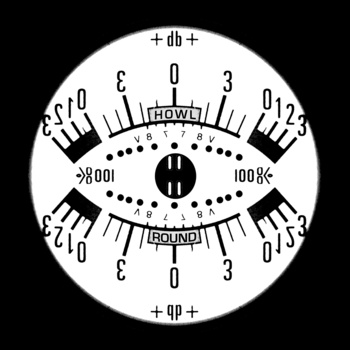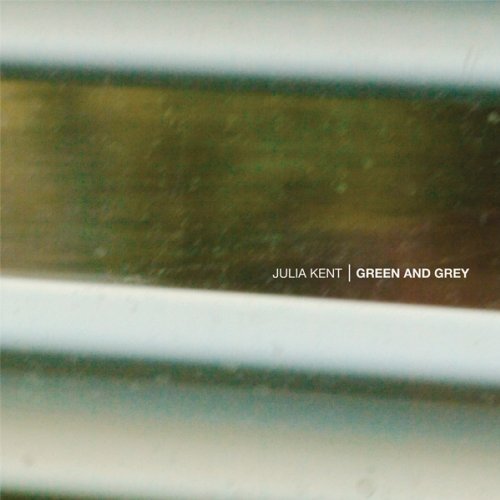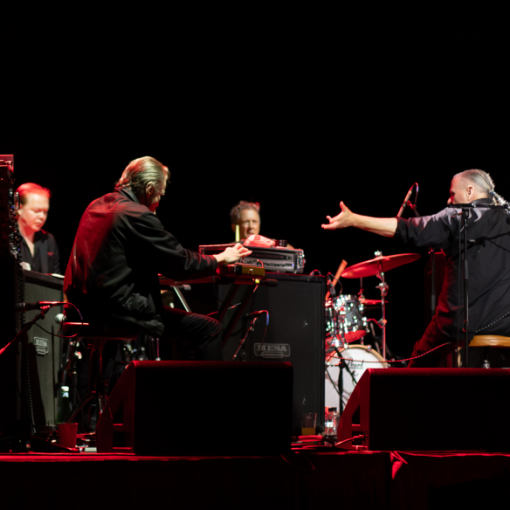 Spurv are an instrumental guitar band from Oslo who are a new name to me, but a fantastic discovery. By the looks of the cover, there must be six main chaps in the band, but the credits encompass quite a few more, including cellos, trumpets, synths and effects, as well as an array of guitarists, a bassist and drummer.
Spurv are an instrumental guitar band from Oslo who are a new name to me, but a fantastic discovery. By the looks of the cover, there must be six main chaps in the band, but the credits encompass quite a few more, including cellos, trumpets, synths and effects, as well as an array of guitarists, a bassist and drummer.
If you were being lazy, they could be popped into the post-rock box, but there is so much more to their sound, which somehow manages to be a series of snapshots and a heartfelt love letter to the snowy wilderness that the band calls home. Now, I am a big fan of the kind of widescreen guitar music purveyed here and I particularly like it when no vocals are involved. Spurv thankfully have eschewed a vocalist and allowed the instruments to act as a means of expressing their sentiments, which works in a far greater way than tying things down to the verse-chorus-verse format.
The short opener “Et Løfte I Fall” sets the scene in a gentle atmospheric way, an ambient drone evoking Arctic wastes and frozen tundra. The tracks seem to blur into one another as the album progresses and soon enough a swell of shimmering guitar begins to flow from the speakers, surfing over an oddly complicated rhythm. You have to listen hard as there are extra beats subtly injected into the slowly surging rhythm; the bass is succulent and has a really sweet tone that joins perfectly with the guitar array. Together they work to produce this swollen, wind-borne sound, a restlessness that sees the song ebb and flow, rarely staying in one place, constantly searching out another peak.I have to say, the drummer is perfect. Often with these sort of bands, the secret is in the drumming and here Simon Ljung is great. He is the complete antithesis of the drummer from Explosions In The Sky, because his restless inventiveness is never overwhelming, but allows each song to be driven along at just the right pace and is mixed beautifully into the sound. He never holds the tracks back, but allows them space, and still delivers the required propulsiveness. The rolls and fills on “Fra Dypet Under Stenen” fill the track with a sense of urgency, but in no way impact on the song as a whole, allowing the bass to come to the fore when necessary as the guitars hang back and adding to the slightly proggy, symphonic sense of adventure. By proggy, I don’t mean the kind of 1970s excesses, but just that there is a sense of grandeur to some of the passages that the strings allow.
After a rather exciting quarter of an hour, “Hviler Bekkenes Sang” is a bit of a palette cleanser. The melancholic string-led piece is beatless and drifting, matching the image of the band on the inner cover of the CD, wrapped up in a coats, in soft focus in a snow-covered forest clearing. You could also draw parallels with Godspeed You! Black Emperor, but they don’t have that semse of millennial angst. You sometimes feel that Norway is somehow removed from the travails of the world and that enables them to produce this kind of music, but without the inherent frustration or heaviness that often comes with it. Spurv still know how guitars should interplay to a spine-tingling degree, and for the next three tracks we are treated to such a display. The sweep of the strings against a gently plucked electric guitar on “Et Blekt Lys Lyder” is really rather moving, whereas the lumbering, overblown distortion of “Fra Myrtemplet” is counterpointed by the most delicate droplets of electric piano, sitting in the open spaces between guitar chords, echoing and yearning like scraps of blue in a leaden, stormy sky.As if this wasn’t enough, the final two tracks are where the power overwhelms us. The Ennio Morricone-like guitar and cello intro has a kind of gentleness and sadness that sees everything fold into the mix. As the guitars arrive and entwine around the cello like a couple still dancing at 5am, a mournful trumpet lends drama as the waves of guitar draw you in like the strongest of currents, such that you don’t notice as you are thigh-deep in the twisting sound. This is the kind of thing that bands like Pelican should sound like, but are often too bulky and stuck on simplistic rhythms. The ten-minute closer “Allting Får Sin Ende, Også Natten” runs the full panorama of their aesthetic. Starting from the prettiest of piano and Norwegian poetry, it builds and builds, passing through the most metal-like riff-heavy section of the album, drawing all the other players into a kind of black hole. The intensity builds as the volume slowly increases and the epic journey accelerates towards some sort of conclusion that is out of sight and out of mind.
This is the kind of album that I am always looking for and rarely finding. On CD, it looks fab and the dual black and grey vinyl release must be gorgeous too. For a second album, this is a hell of a feat and if you are frustrated by what passes for post-rock these days, this could be your panacea. Excellent.-Mr Olivetti-



